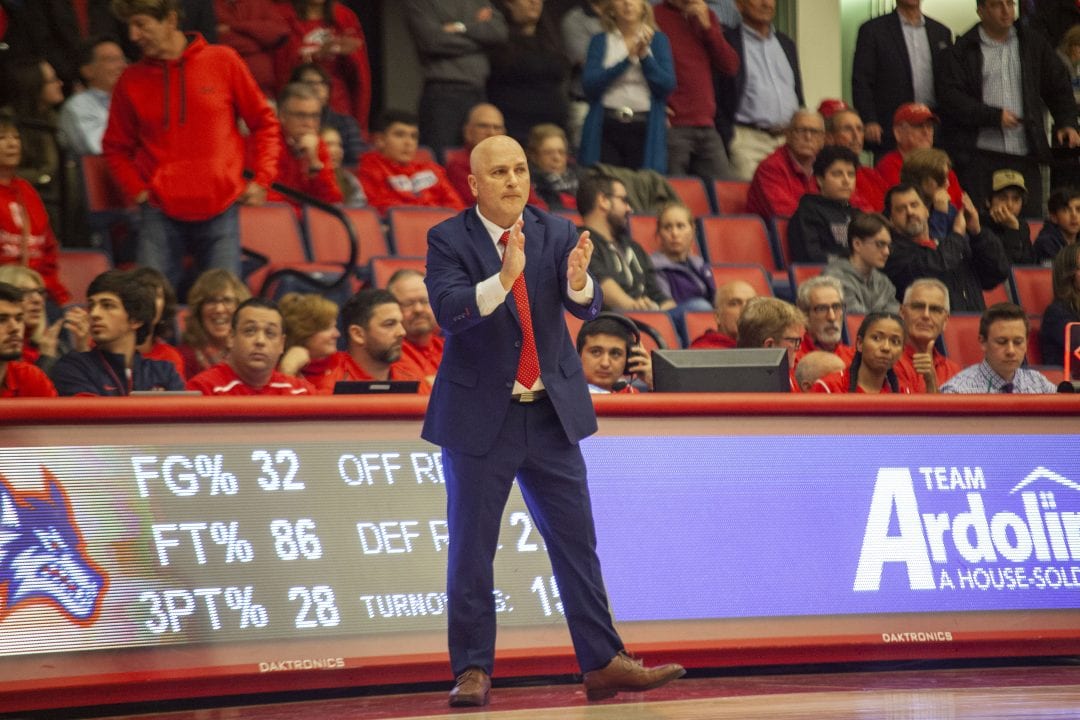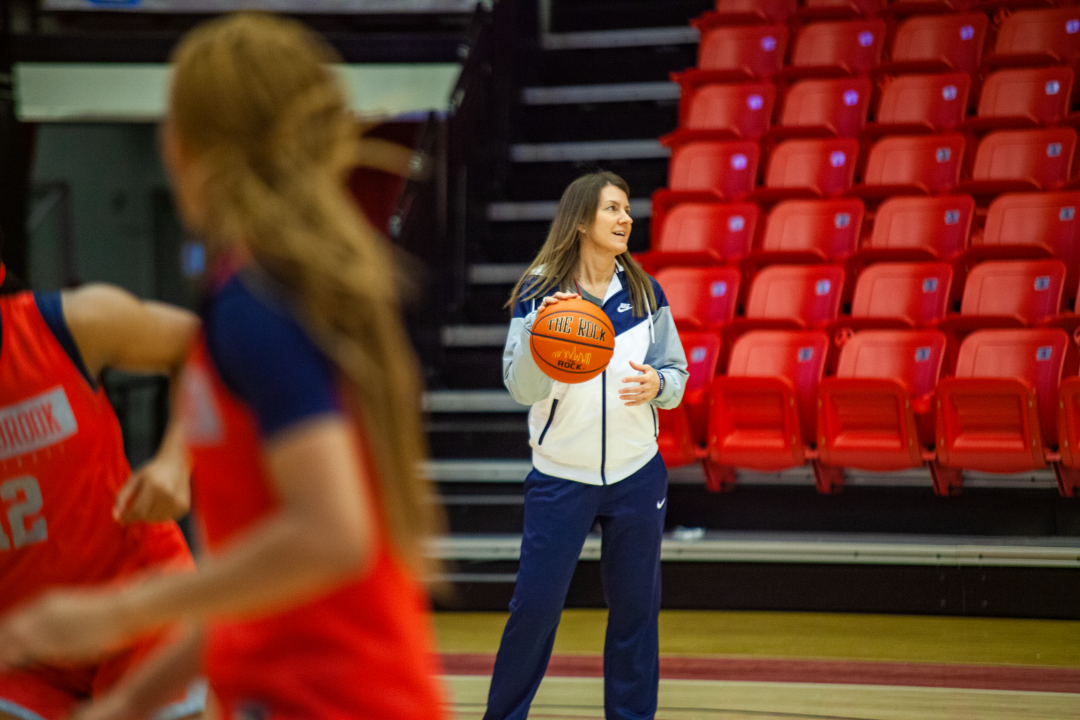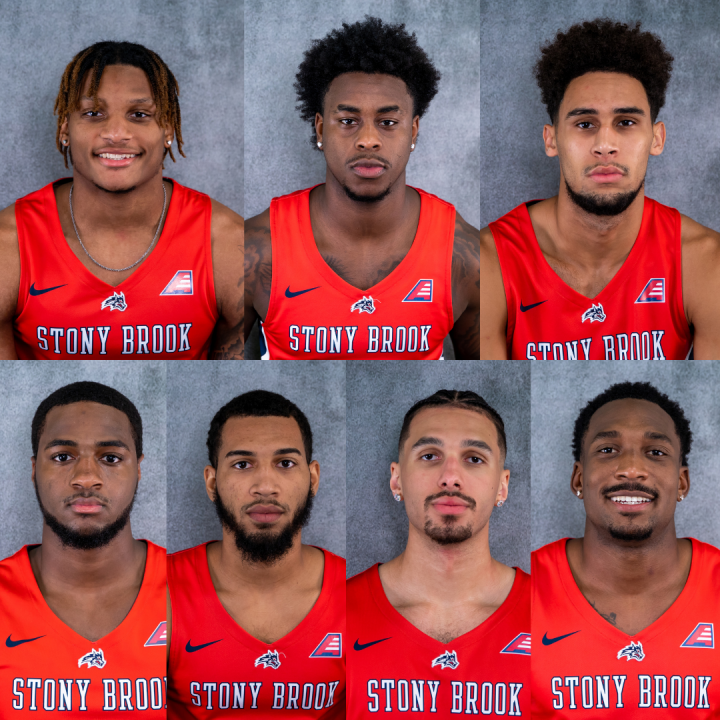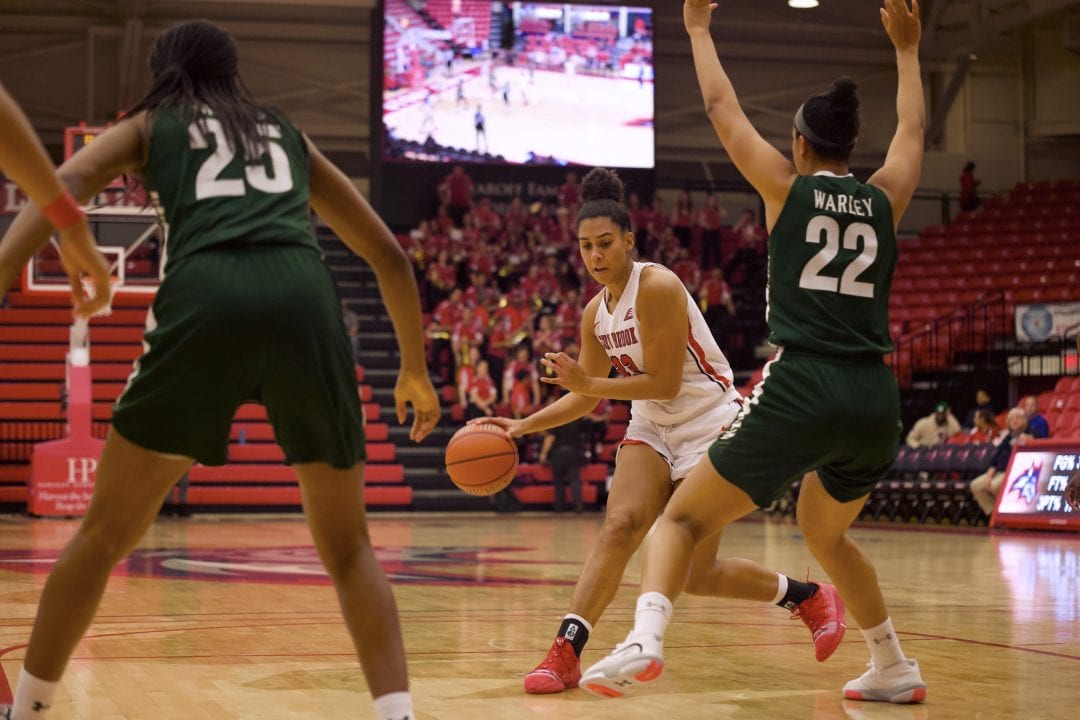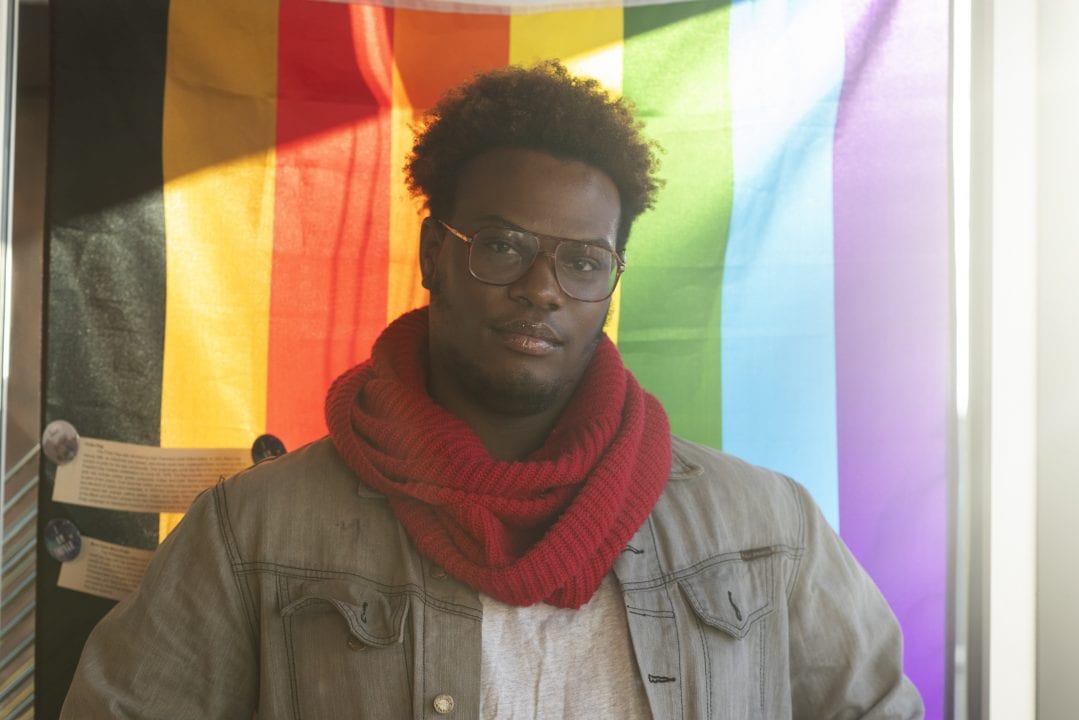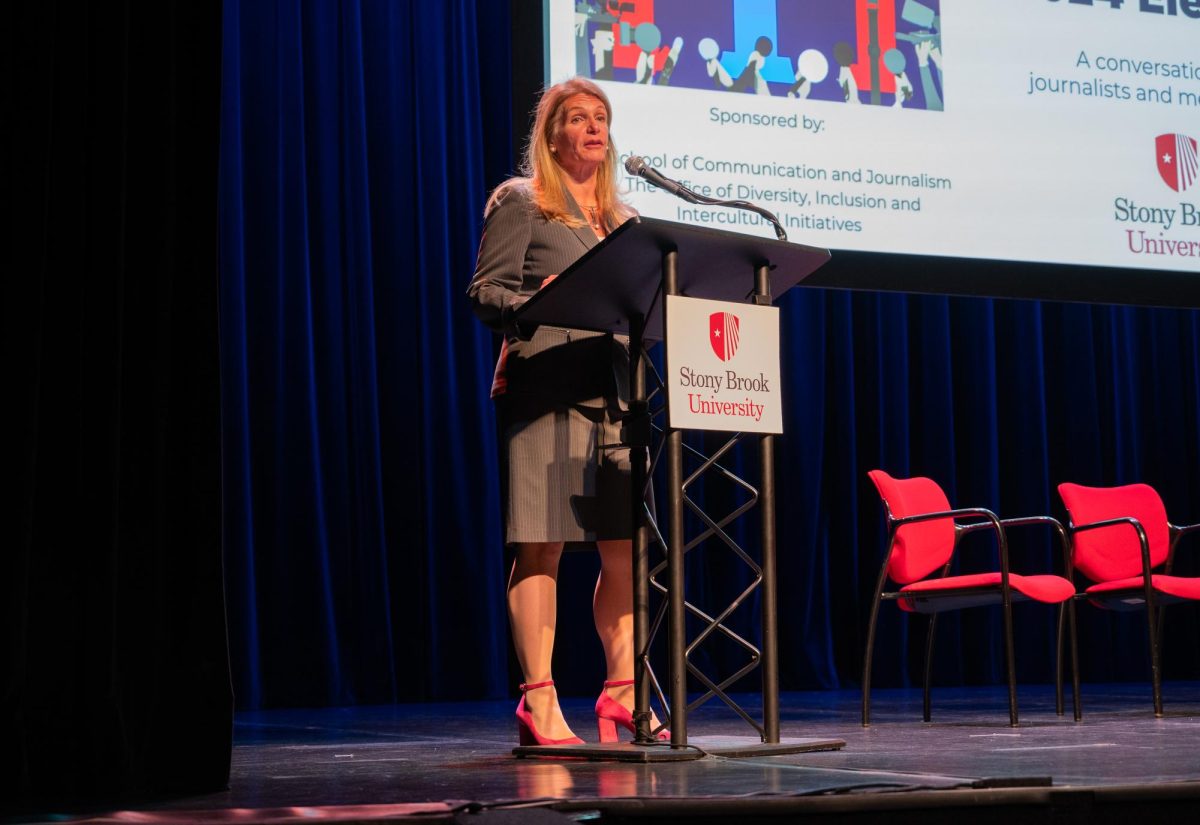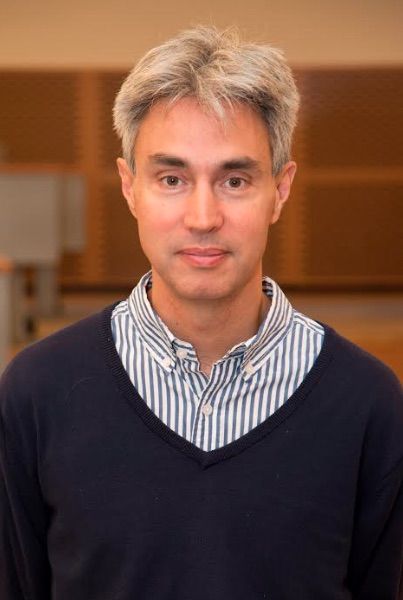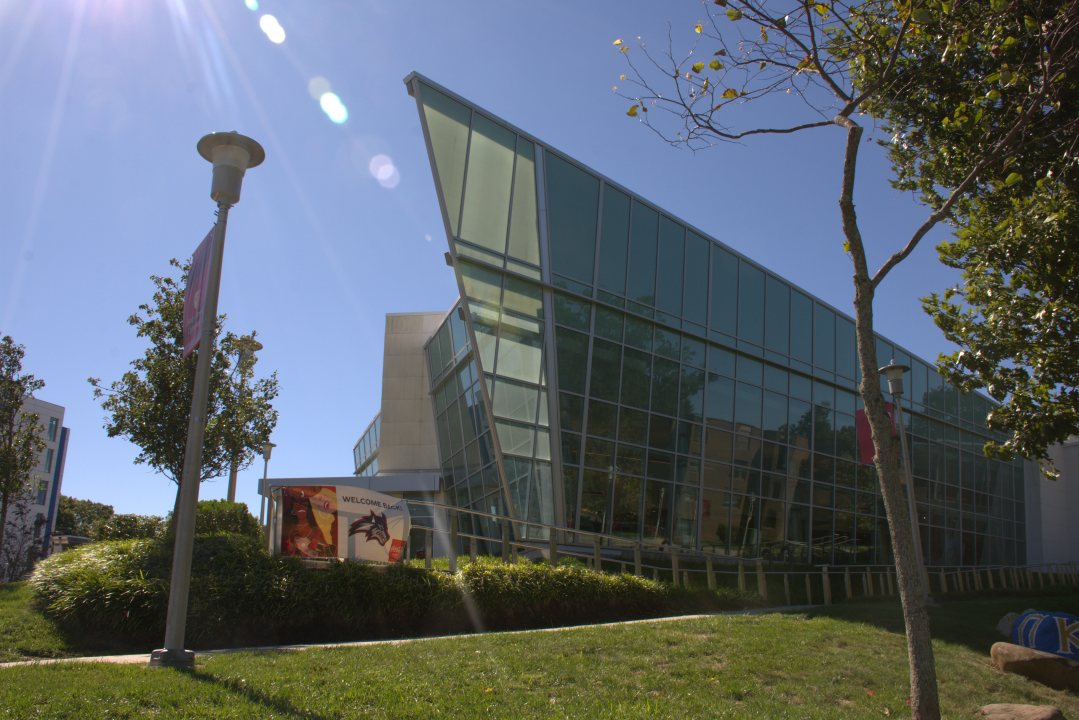
Judith Brown Clarke believes that her role as chief diversity officer is about making people feel that they belong.
“It’s like how do you create a place where people feel like they belong here. It doesn’t really matter if you’re a student, faculty, staff, alumni or just a community member — it’s about creating the sense that the university is a good neighbor,” she said.
Clarke became the chief diversity officer at Stony Brook University on Feb. 17. She is in charge of guiding the implementation of Stony Brook University’s Plan for Equity, Inclusion and Diversity and working towards building an inclusive community on campus.
She said that she will overview funding, policies and student opportunities and leadership roles that allow them to use their voice.
Clarke said she is currently completing a “listening tour” on campus, walking around to meet people and listen to different perspectives.
“I definitely see a lot of pipelines and pathways for Stony Brook to tap into diversity,” she said.
Clarke said that diversity is much easier than inclusion, which entails making people feel that they belong. In the first week of her listening tour, students described to her what inclusion looks like on campus and their feelings on if the university is emulating both diversity and inclusion.
“I am thrilled that Judi has begun her work here at Stony Brook,” Judith Greiman, chief deputy to the president, said. “She is an engaging leader who will help to build community both on and off-campus.”
Clarke said she spent her childhood learning how to acclimate and adjust to different cultures and environments. She moved from Wisconsin to Indiana to Michigan, and always tried to feel at home. She plans to do the same for students.
“It’s about creating those same experiences [from back home] so even though the environment may not support that, you [students] with intentionality can create situations where it still feels like home, even though it’s a new normal,” she said.
Clarke, who is three generations away from slaves, said that the concept of not being considered an equal was passed down throughout her family the same way ideas of hate and fear were. She believes that Black History Month is a time to tell the truth about black history and culture.
“At some point, that truth expands to a knowledge basis that people have to actually start doing something,” she said.
Growing up during the 60s in Milwaukee, Wisconsin, Clarke saw a lot of civil unrest. In Kokomo, Indiana, she even saw Ku Klux Klan marches in her hometown.
“Once a month they’d have a Klan march and you didn’t go out until things kind of settled down, because people would get so excited,” she said. “So my whole life I’ve had to navigate.”
She also had to navigate difficulties at the beginning of her athletic career, which she feels was a big part of building who she is today. At the age of 11, before Title IX was enacted in 1972, Clarke ran on the boy’s track team since there was not a girls track team yet. After qualifying for regionals, she was told she couldn’t run because the team was a boys track team.
“Even though we were the fastest, our team couldn’t compete,” Clarke said. “That was the very first time systematically I was like ‘what?’”
She later went on to athletic success. She is a 5-time National Champion and Olympic silver medalist in the 400-meter hurdles.
Eventually, she went into higher education, hurdling into diversity initiatives and senior management teams. Clarke was the diversity director of the Bio-Computational Evolution in Action Consortium (BEACON) Science and Technology Center at Michigan State University for more than 16 years. Her role consisted of creating and operationalizing diversity, equity and inclusion, both intangible and virtual communities.
Former Interim Chief Diversity Officer, Jarvis Watson, said the chief diversity officer position requires a strong relationship building skills, and strategic planning and assessment.
“Most importantly, you have to care about the people you serve,” he said. “Without care and empathy, it’s just transactional.”
One of Clarke’s missions on campus is to hear students’ concerns and thoughts. She also wants to make conversation about diversity and inclusion a core value on campus.
“If I can just change it [language of diversity and inclusion] to people understanding that this is a really high performing strategy and wrap their head around that, then the rest of it is simple,” Clarke said.







